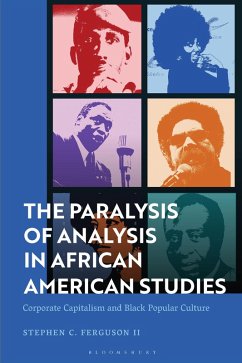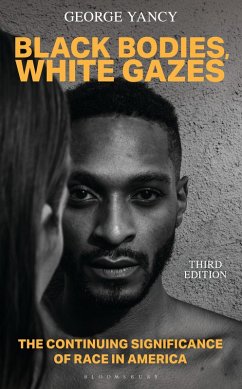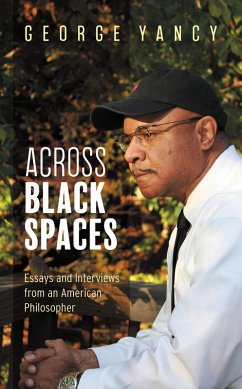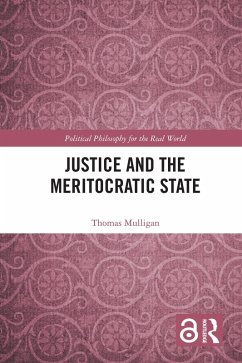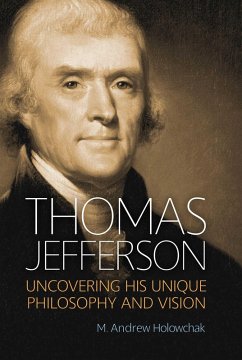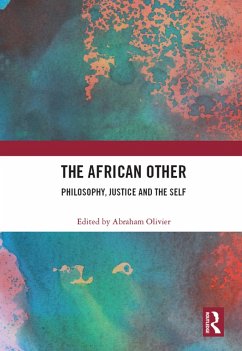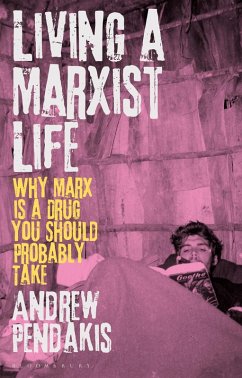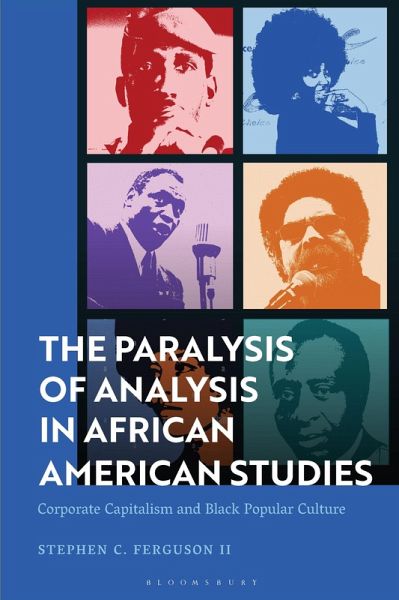
The Paralysis of Analysis in African American Studies (eBook, ePUB)
Corporate Capitalism and Black Popular Culture
Versandkostenfrei!
Sofort per Download lieferbar
70,95 €
inkl. MwSt.
Weitere Ausgaben:

PAYBACK Punkte
35 °P sammeln!
Stephen C. Ferguson II provides a philosophical examination of Black popular culture for the first time. From extensive discussion of the philosophy and political economy of Hip-Hop music through to a developed exploration of the influence of the postmodernism-poststructuralist ideology on African American studies, he argues how postmodernism ideology plays a seminal role in justifying the relationship between corporate capitalism and Black popular culture. Chapters cover topics such as cultural populism, capitalism and Black liberation, the philosophy of Hip-Hop music, and Harold Cruse's infl...
Stephen C. Ferguson II provides a philosophical examination of Black popular culture for the first time. From extensive discussion of the philosophy and political economy of Hip-Hop music through to a developed exploration of the influence of the postmodernism-poststructuralist ideology on African American studies, he argues how postmodernism ideology plays a seminal role in justifying the relationship between corporate capitalism and Black popular culture. Chapters cover topics such as cultural populism, capitalism and Black liberation, the philosophy of Hip-Hop music, and Harold Cruse's influence on the "cultural turn" in African American studies. Ferguson combines case studies of past and contemporary Black cultural and intellectual productions with a Marxist ideological critique to provide a cutting edge reflection on the economic structure in which Black popular culture emerged. He highlights the contradictions that are central to the juxtaposition of Black cultural artists as political participants in socioeconomic struggle and the political participants who perform the rigorous task of social criticism. Adopting capitalism as an explanatory framework, Ferguson investigates the relationship between postmodernism as social theory, current manifestations of Black popular culture, and the theoretical work of Black thinkers and scholars to demonstrate how African American studies have been shaped.




